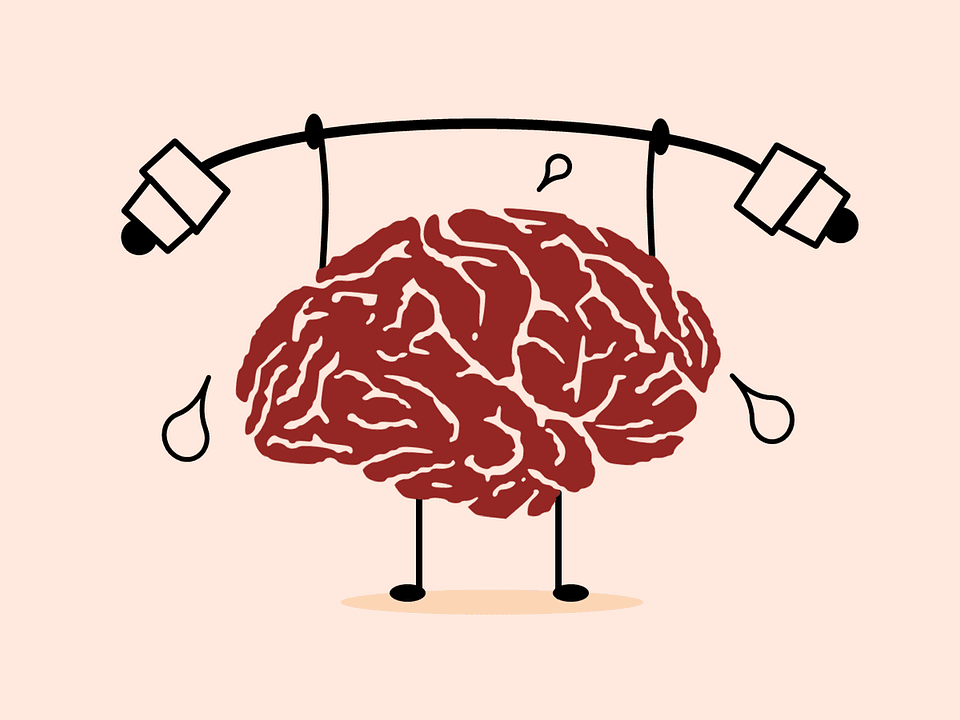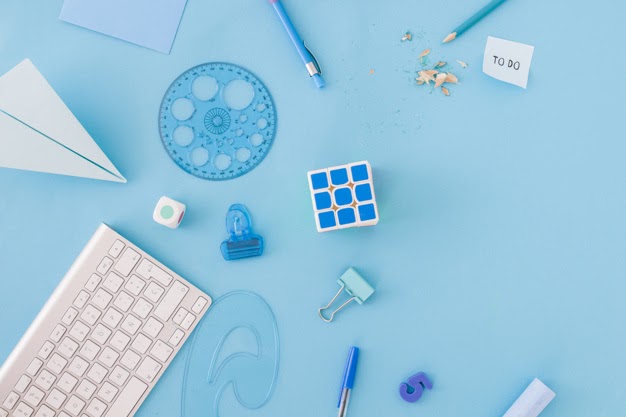Puzzles are a great family activity or even a solo pastime. Whether you choose to solve a 1000 pieces jigsaw puzzle, crossword puzzle or even a Rubik’s Cube, all of them will power your brain. The popularity of puzzles in today’s digital age comes with a story that goes way back in history.
The types and varieties of puzzles are endless for one to choose from. However, there is no doubt that puzzles are incredibly beneficial for children and adults alike because of the physical and cognitive brain skills that they help develop. Here are a few surprising benefits of puzzles for your brain.
1. It is a Mental Exercise
Solving puzzles is a great exercise for the brain because it makes the most of the right and left sides. The right side controls creativity, emotions and intuitive thinking, while the left side of the brain is logical, objective and methodical.
When you attempt to solve a puzzle, both these sides of the brain need to communicate and function together, thereby increasing cognitive function. Exercising the mind helps in preventing cognitive decline.

2. Improves Visual-Spatial reasoning
When a puzzle needs to be assembled, your mind looks at a bigger picture. Reasoning about space and how to manipulate objects is a critical part of everyday life like navigating a busy street, assembling furniture or even loading the dishwasher. These skills are also extremely important for success in academic and professional domains. Therefore, solving puzzles exercises the mind on a frequent basis helps in improving your spatial reasoning.
3. Develop attention to detail

When you solve a puzzle, and if the pieces are similar, you need to pay closer attention to even the minutest detail and spot the difference in the colours or shapes that can help you complete the puzzle. This ability to capture small details can help in all aspects of one’s life, especially when at work.
4. Strengthen Memory
Solving puzzles and other brain teasers strengthen neural connections and increase the building of new connections. This increases mental speed and thought to process. When you exercise your brain in storing information, it helps to maintain and improve your memory.
5. Increase your IQ

A study was done by the University of Michigan, which was led by Dr Susanne Jaggi, found that investing 25 minutes a day in solving puzzles and riddles can raise your IQ by 4 points.
6. Improves Problem-solving ability
Different kinds of puzzles require different approaches. This helps learn the value of formulating theories, testing hypotheses and changing perspectives when the pieces don’t fit as planned. Such skills can be transferred to other aspects of work life, making you more innovative in problem-solving, critical thinking and better adaptive skills.
7. Increased Productivity
When you are less stressed, it becomes easy to focus on. When your concentration improves, your productivity also skyrockets. If you face challenges in staying focused on the activity at hand, consider taking a break and solving a puzzle. This will help reset your brain. Many offices are beginning to include puzzles and mind games so that the employees can disconnect from work and get back to it with a refreshed mind.

8. Delaying Dementia and Alzheimer’s
Keeping the brain active can delay symptoms of dementia and Alzheimer’s disease. Medical research has shown that keeping the mind active through puzzles and other problem-solving activities can reduce brain cell damage and also support the growth of new nerve cells that strengthen the connections between them.

9. Improving Reflexes
The key to getting faster at solving puzzles is the Reaction Time (RT). This is the length of time between a stimulus and your response to that stimulus. Puzzles can be solved with various techniques and approaches. When you practice frequently, your body gets used to that technique or movement so that you can perform naturally even at higher speeds.
Recommended Read - Fun and Challenging Brain Teaser Puzzles for Kids
Conclusion
Solving puzzles have a large number of benefits for your health. From improving memory and preventing future illnesses to uplifting your mood and helping you develop skills for your study and work.

































